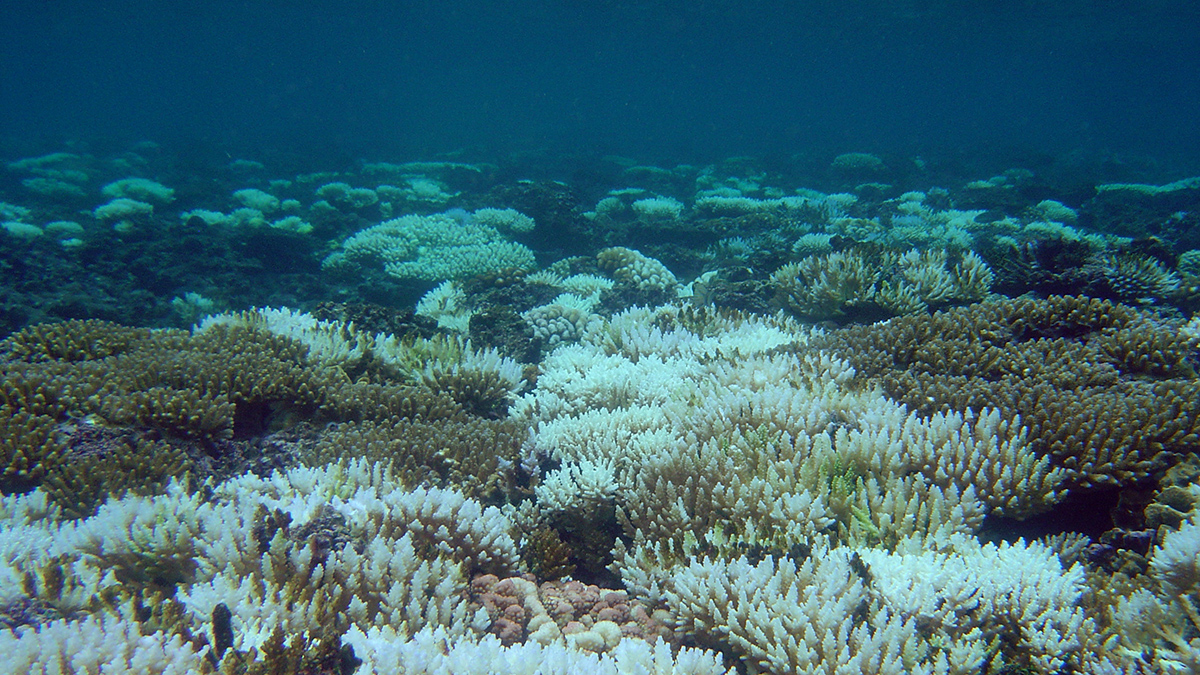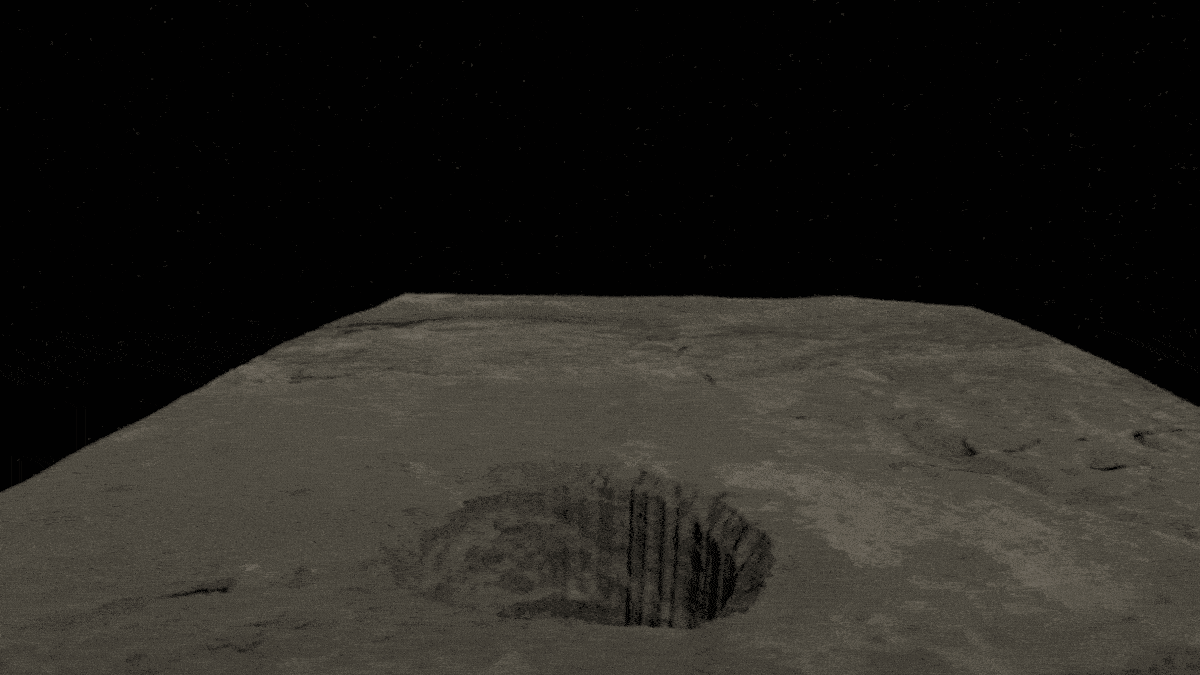While digging for food on estuary bottoms, rays push around literally tons of sediment, changing their habitat in profound ways.
News
Im Miozän gab es über dem heutigen Deutschland ein „doppeltes Meteoriten-Desaster”
Mit der Analyse der Sedimente, die durch den Einschlag durcheinandergeworfen wurden, konnten Forschende zeigen, dass zwei Einschlagkrater zwischen Schwäbischer und Fränkischer Alb nicht durch den gleichzeitigen Einschlag von zwei aneinander gekoppelten Himmelskörpern, sondern durch die Einschläge von zwei verschiedenen Meteroiten entstanden.
U.S. Earthquake Early Warning System Gets a Major Upgrade
Satellite capabilities will improve the accuracy of ShakeAlert earthquake magnitude measurements.
Some Reefs Could Bleach Year-Round by 2080
Cutting greenhouse gas emissions could protect some reefs more than others.
Solar Panel Arrays May Affect Soil Carbon Levels
As research ramps up on how to maximize the benefits of colocating agriculture and solar panels, researchers are also beginning to investigate other potential ecosystem benefits.
Scientists Captured the First Glimpse of a Rare Polar Aurora
After a decade-long search, scientists captured a type of elusive aurora on camera.
Wissenschaft verknüpft den Wald mit dem Internet der Dinge
Ausgestattet mit rund 10,5 Mio. Euro an Forschungsgeldern werden Forschende neuartige Sensoren zum Einsatz bringen, die der Assimilation von Daten in Echtzeit und der Erstellung von Modellen dienen, die die Auswirkung von Klimaveränderungen auf Waldgebiete abbilden.
Many Forests in One: A Glimpse into the Amazon’s Diversity
In some areas of the Amazon rainforest, trees green up as a response to drought, while in others they die off. Scientists are trying to understand why.
Earthquakes May Have Amplified the Destruction of Pompeii
A new analysis of skeletons and collapsed walls indicates that seismic activity compounded the historic catastrophe wrought by Mount Vesuvius.
Lunar Lava Tube Revealed Beneath Collapsed Pit
The Sea of Tranquility is home to at least one lunar lava tube, which could preserve a pristine and unweathered record of lunar volcanism.










